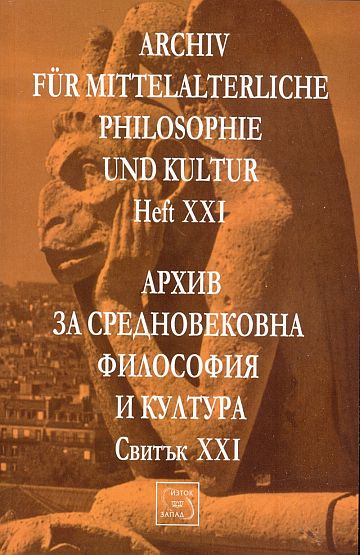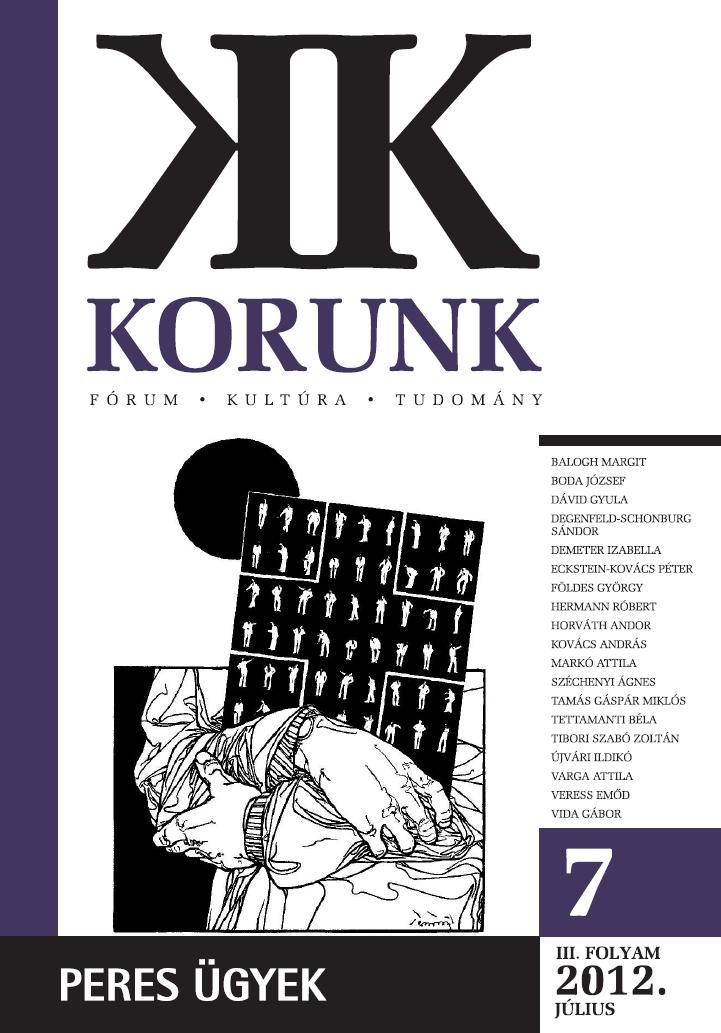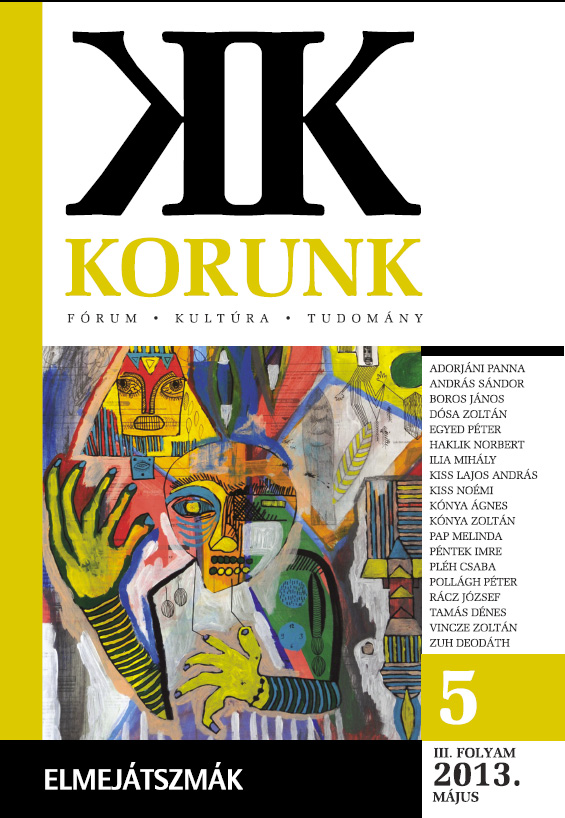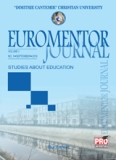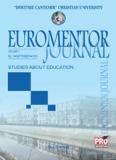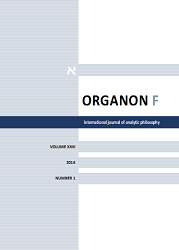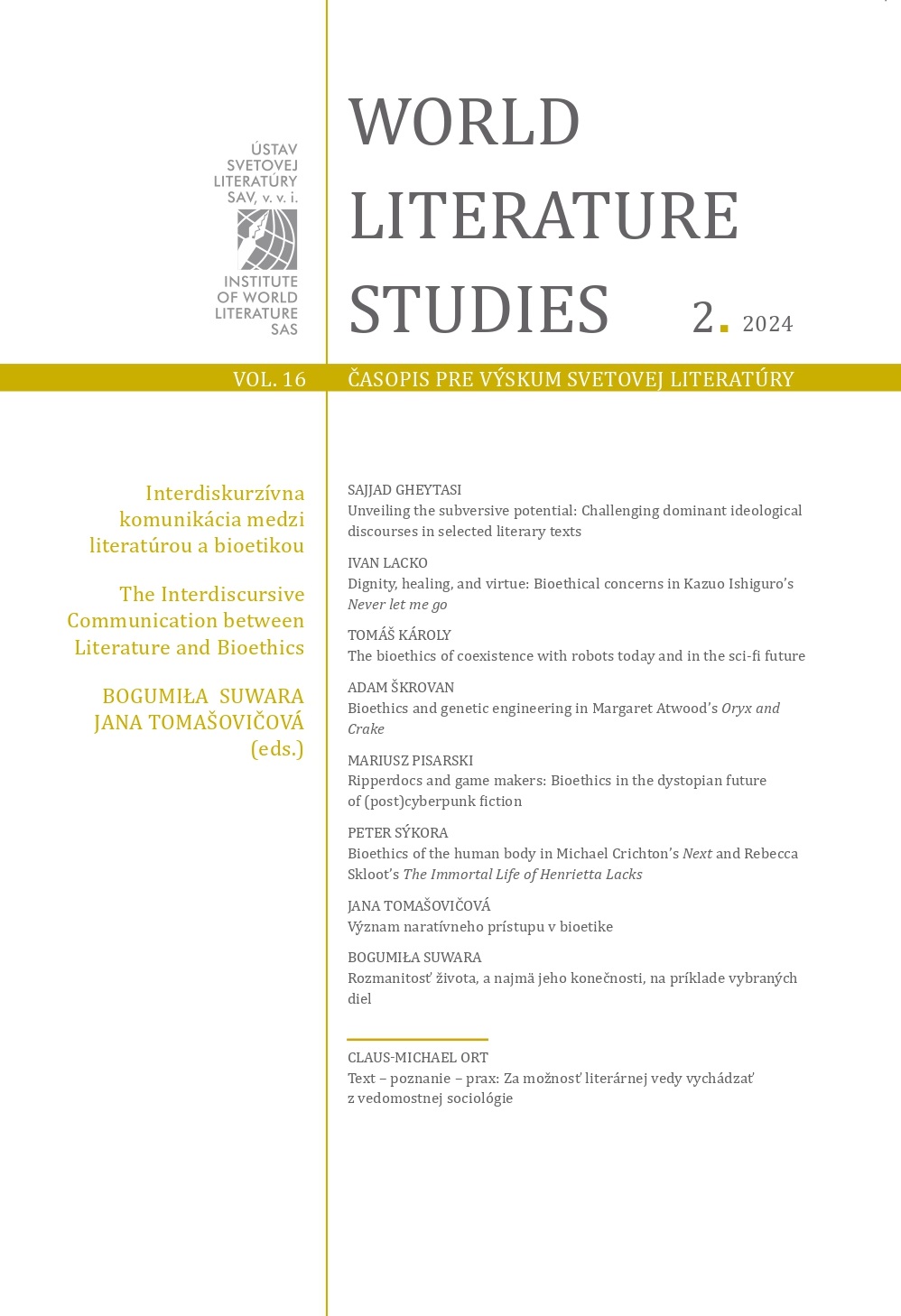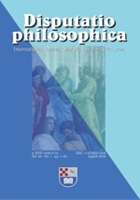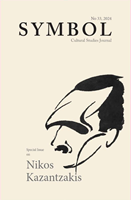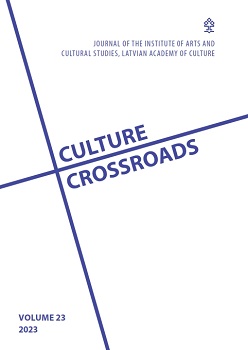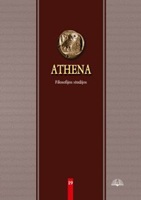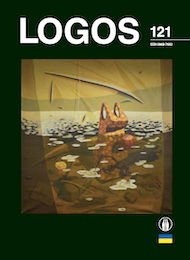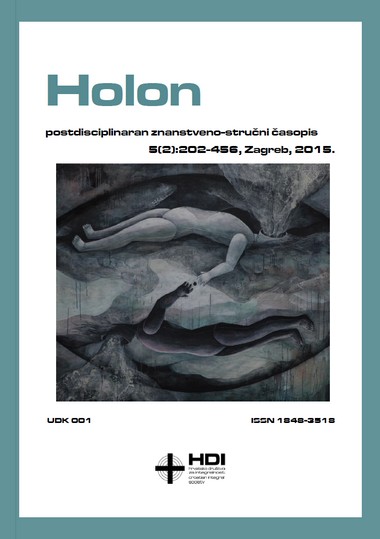
Lacanov povratak Freudu – ili udaljavanje od njega?
Freud defined his discovery as “the birth of psychoanalysis”, whereas Lacan defined his relation to Freud as “a return to Freud”. The main characteristic of this return was its orientation into the opposite direction of the American ego-psychology, its positive definition being a return to the “letter of Freud”, or a return through language, and all what Lévi-Strauss and Lacan called “the symbolic”. The paper aims to present a philosophical reading of Freud, and the question whether, in Lacan's “structural” return, something has not been lost, what might have been of crucial importance for the discovery of psychoanalysis as such. In this context, some of the main Freud's concepts, needed for such a re-examination of “Lacanian orientation”, are being discussed, focusing upon Freud's insistence that subjectivity has to be defined by sexual difference and sexuality, and that beyond men and women there is no universal Man or Subject as such. Freud's initial question “What does a woman want?” is contextualized through his other question “How one becomes woman?”, whereas Freud's epistemological hesitations around symmetry and asymmetry of sexual difference are related to philosophical category of the aleatory. The paper concludes with the conclusion that in this perspective Lacan's return to Freud could be characterized as a return to essentialism, or even to implicit antifeminism. In opposition to Lacan, Freud always insisted on the difference between women and men as something that cannot be explained, and that the notion of bisexuality should not be abandoned. Using Beauvoir's critique of Lévi-Strauss, Freud's hesitations and his undecidedness of symmetry or asymmetry is explained as ontological category of a chance without a cause, and as the most repressed part of what later Althusser addressed to as “the repressed current” of aleatory materialism.
More...
